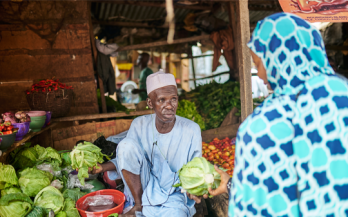

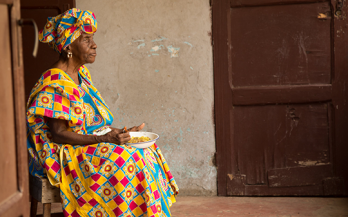
Food fortification in Senegal: a case study and lessons learned
This chapter reveals that the Senegal food fortification program has made significant progress within a relatively short period of time. The food fortification program in Senegal is contributing positively to micronutrient intake and is likely to be reducing deficiencies.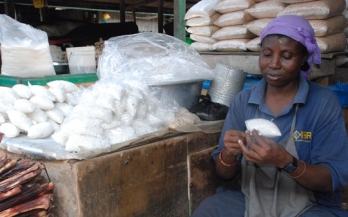
National survey on iodine in pregnant women and women of childbearing age
This report aimed to quantitatively assess the level of iodine in salt consumed by households in Senegal to provide information on progress made in improving access to iodized salt quality of households following interventions implemented under the Universal Salt Iodization program.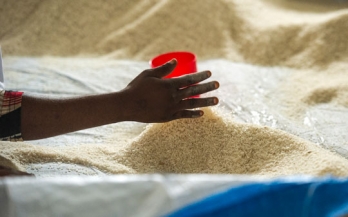
National survey on household utilisation of iodised salt and bouillon and on iodine status of women of reproductive age in Senegal
In 2014, a national survey on iodine coverage and utilisation was conducted in Senegal to better understand factors associated with access to adequately iodised salt, and to provide an evidence base from which to plan, monitor and evaluate a revised strategy for achieving optimal iodine nutrition.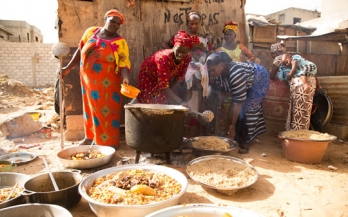
Fortification Assessment Coverage Toolkit (FACT) Survey in Senegal
The 2013 Senegal Fortification Assessment Coverage Toolkit (FACT) survey was the first FACT survey conducted by the Global Alliance for Improved Nutrition. The aim of the survey was to determine whether women of reproductive age and children receive a meaningful contribution of iron and vitamin A from fortified wheat flour and oil, respectively.
Rice Fortification – An opportunity to improve nutrition in West Africa
- Dakar, Senegal
This meeting will expand upon an analysis of the possibilities for rice fortification to improve nutrition in Africa. Rice is a staple food in 19 countries in Africa, but it is mostly milled in small, local operations where fortification is not feasible.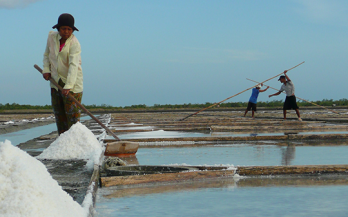
Factors associated with urinary iodine concentration
Single and multiple variable regression analyses were conducted using data from stratified, cluster sample design, iodine surveys in India, Ghana, and Senegal to identify factors associated with urinary iodine concentration among women of reproductive age at the national and sub-national level.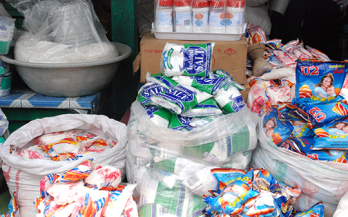
Regression analysis to identify factors associated with household salt iodine content at the sub-national level in Bangladesh, India, Ghana and Senegal
Regression analyses of data from stratified, cluster sample, household iodine surveys in Bangladesh, India, Ghana and Senegal were conducted to identify factors associated with household access to adequately iodised salt.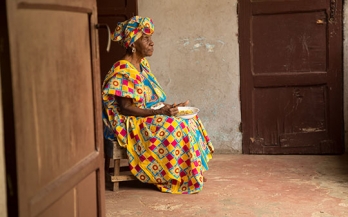
New statistical approach to apportion dietary sources of iodine intake: findings from Kenya, Senegal and India
This study used data from three population-representative surveys of women of reproductive age in Kenya, Senegal and India to develop a new approach to apportion the population Universal Salt Iodization levels by the principal dietary sources of iodine intake, namely native iodine, iodine in processed food salt and iodine in household salt.